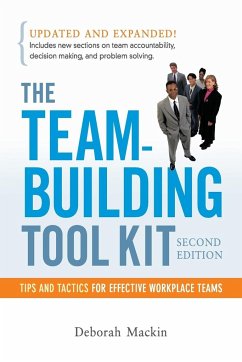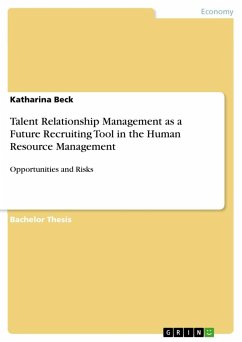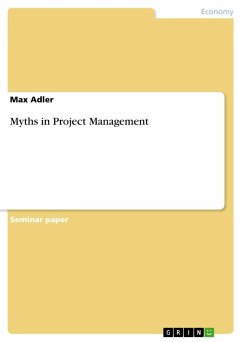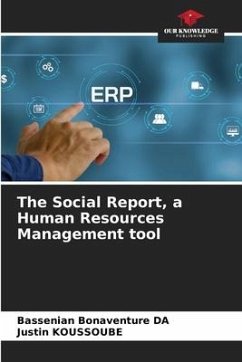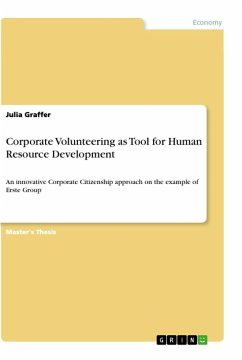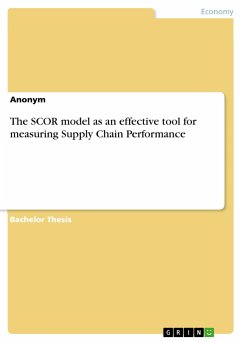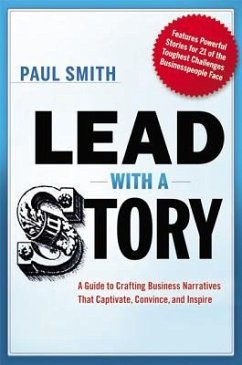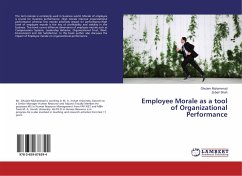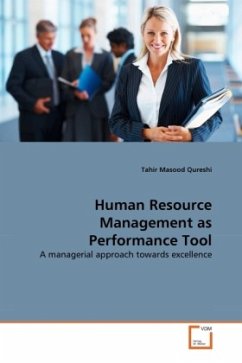
Human Resource Management as Performance Tool
A managerial approach towards excellence
Versandkostenfrei!
Versandfertig in 6-10 Tagen
52,99 €
inkl. MwSt.

PAYBACK Punkte
26 °P sammeln!
The objective of this study was to explore the impact of different Human Resource Management (HRM) practices (i.e. recruitment and selection, training and development, performance appraisal, career planning system, employee participation and compensation system) on Perceived Organizational Performance (POP) and Financial Performance. It is also aimed at finding the mediating role of Employee Performance (EP) between HRM practices and Perceived Organizational Performance. Primary data from 274 HRM professionals of 129 companies from the financial sector were collected using a 7- point Likert sc...
The objective of this study was to explore the impact of different Human Resource Management (HRM) practices (i.e. recruitment and selection, training and development, performance appraisal, career planning system, employee participation and compensation system) on Perceived Organizational Performance (POP) and Financial Performance. It is also aimed at finding the mediating role of Employee Performance (EP) between HRM practices and Perceived Organizational Performance. Primary data from 274 HRM professionals of 129 companies from the financial sector were collected using a 7- point Likert scale. The demographic variables; gender type and education significantly correlated with POP. The ANOVA identified gender type and education to be used as control variables for the analysis. All HRM practices are positively correlated with significant contribution towards POP and EP, while none of the HRM practice is substantially contributing towards financial performance. As per recommendations (Barron & Kenny, 1986) partial mediation of employee performance has been proved between HRM practices and POP To survive and sustain for the future.



